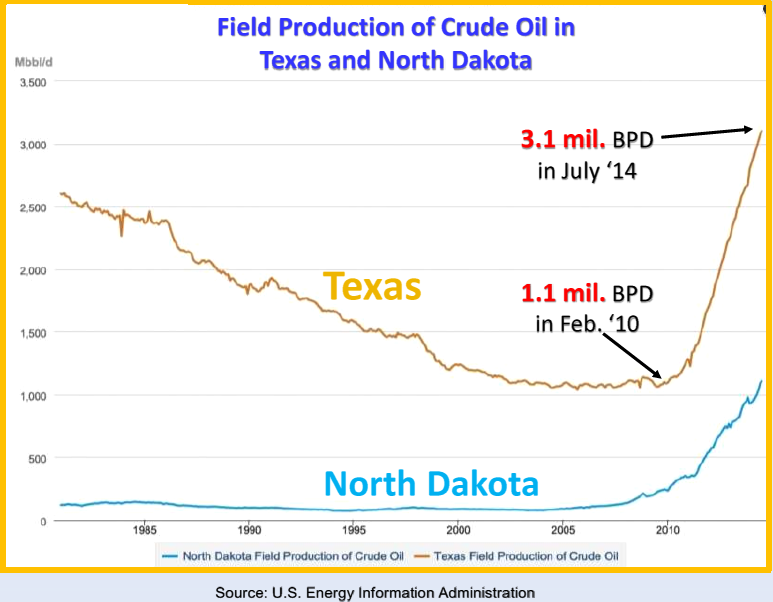In Texas, an oil and gas lease grants to the lessee the fee mineral estate in the leased premises for the term of the lease. The lease provides for an initial term during which the lessee need do nothing in order to keep the lease in effect — called the “primary term.” Thereafter, the lease terminates unless the lessee is producing oil or gas or conducting operations in an effort to discover and produce oil or gas. If the lease remains in effect beyond the primary term, the remaining time the lease is in effect is called the “secondary term.” A typical lease will provide that
“This lease shall remain in effect for a term of three (3) years (the primary term) and as long thereafter as oil or gas is produced from the leased premises or operations, as provided herein, are being conducted on the leased premises.”
The primary term can be one month or ten years or more. Today, most leases provide for a three-year primary term. If no production or operations take place during the primary term, the lease terminates automatically and the mineral estate reverts to the lessor.




